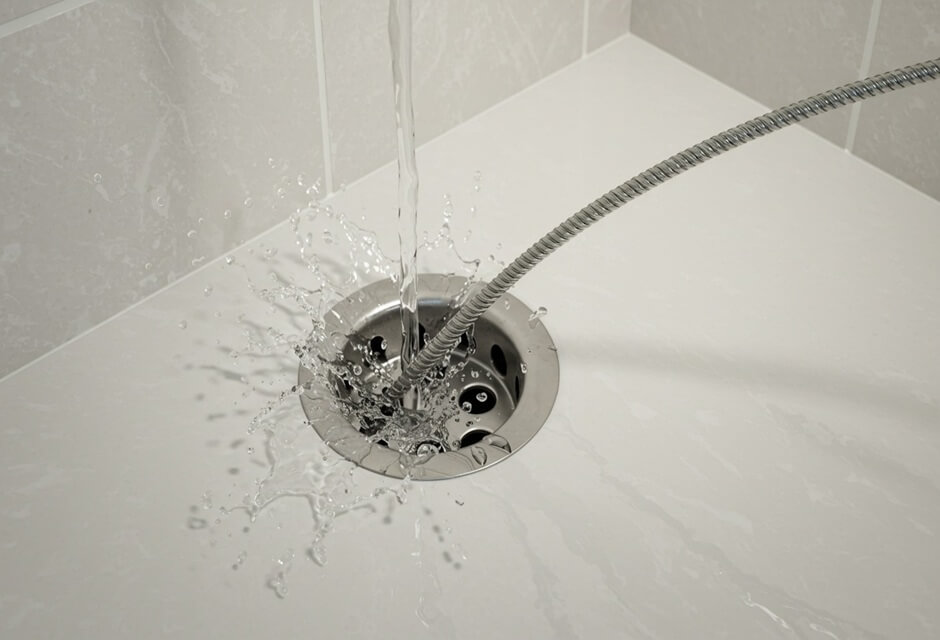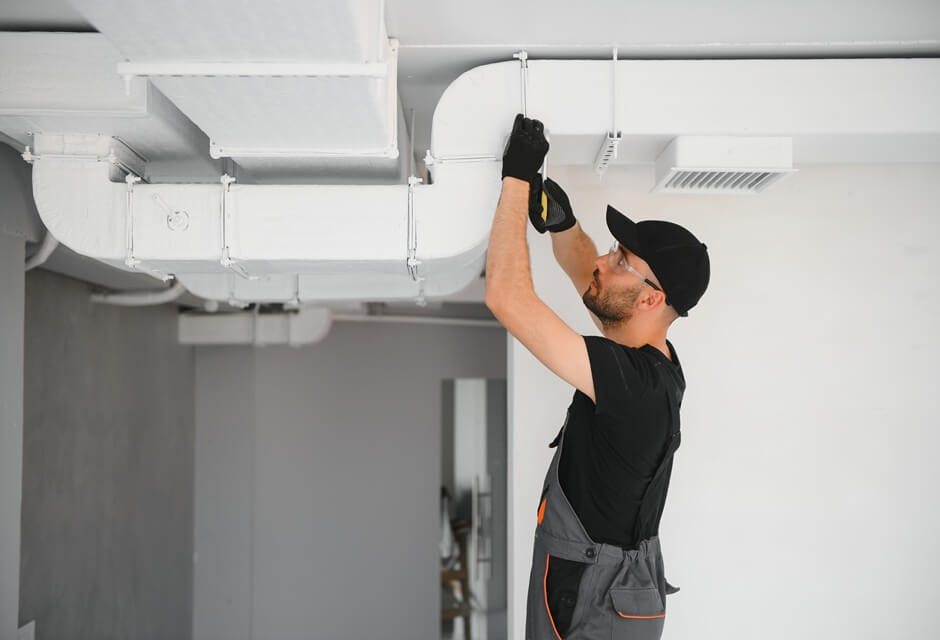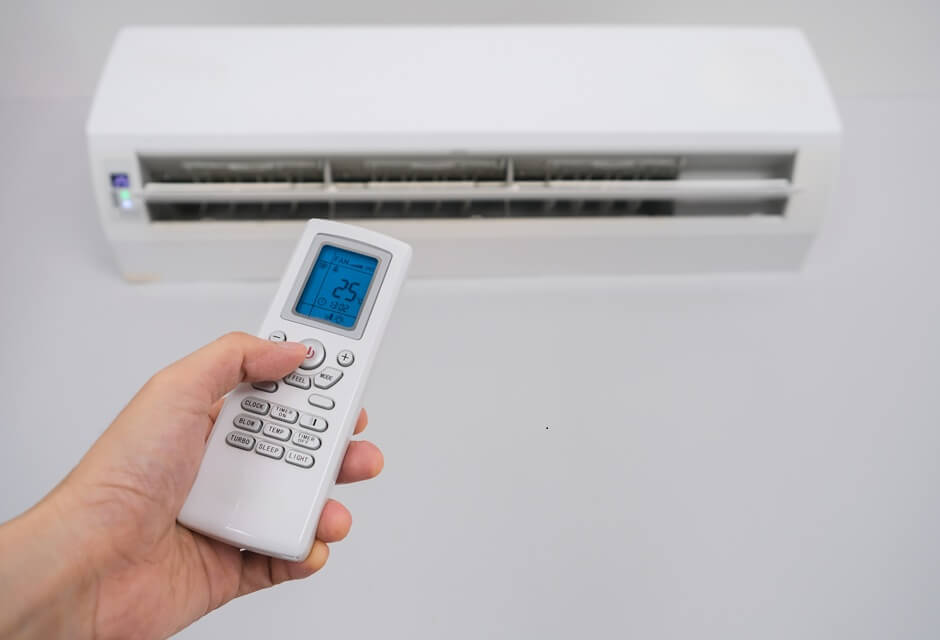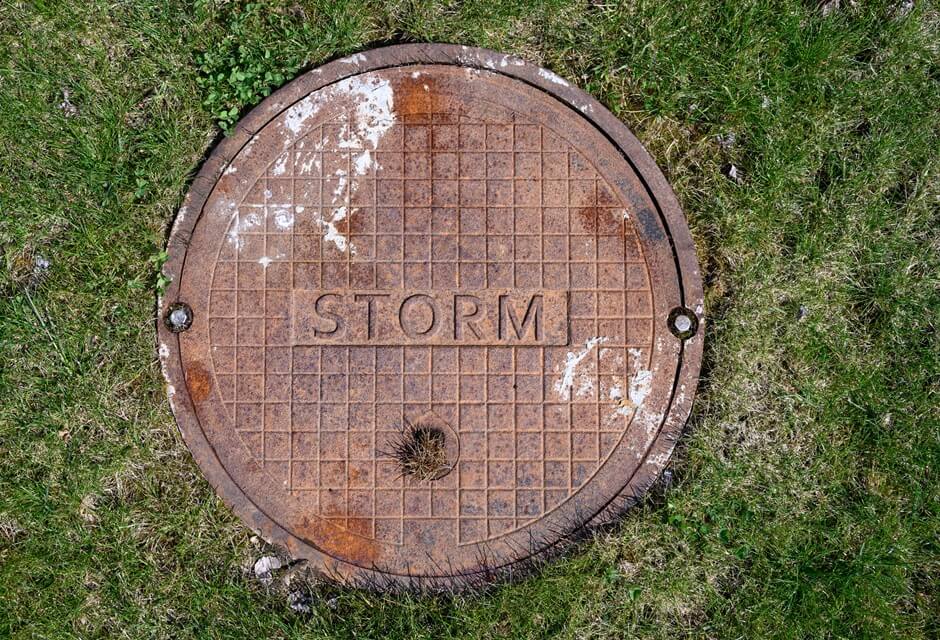
How to fix compacted soil in the lawn to get a lush, green place space? To solve the problem, you should aerate the soil, amend it with organic matter, and use mulch, but there is more you need to know!
In this article, you will explore why soil gets compacted and learn a step-by-step approach to fix it effectively. Whether you are dealing with a garden, vegetable garden, raised beds, or stubborn clay soil, all the information here will get you covered. Read now.
Why Does My Soil Get Compacted?
Before you dive into the solutions of how to fix hard compacted soil, it is important to understand why the soil becomes compacted. Take a look at the list with the most common reasons, and identify your causes.
- Foot traffic from kids playing or adults walking across the lawn can compress the soil over time.
- Heavy machinery can exert immense pressure on the soil, causing compaction. It is a problem if you have had construction or landscaping work done on your property.
- Rain and irrigation in excess can lead to soil compaction, as water saturates the soil, making it denser.
Also, clay soil naturally compacts easier than other soil types due to its fine particles and tendency to retain water.
Now that you know why soil compaction happens, explore how to fix it, tailored to different garden areas.
How To Fix Compacted Soil In The Garden?
The basic steps of improving compacted soil are here. Ready to take your notes?!
- Aerate the soil: use a garden fork or a mechanical aerator to create holes in the soil. This will allow air, water, and nutrients to penetrate, rejuvenating your garden soil.
- Amend with organic matter: incorporate compost, well-rotted manure, or peat moss into the soil. These materials improve soil structure and increase its ability to hold moisture without becoming compacted.
- Apply a layer of organic mulch: apply mulch, like straw or wood chips, around your plants. Mulch helps prevent soil compaction by reducing the impact of raindrops and foot traffic.
Regardless of which type of soil you have, these three items should always be on your list.
How To Fix Compacted Soil In A Vegetable Garden?
For vegetable gardens, consider using raised beds filled with well-draining loose soil mix, as it avoids compaction problems and provides an ideal environment for vegetables to thrive. Rotate your vegetable crops annually to prevent continuous pressure on the same soil areas, which can lead to compaction.
Double-dig your vegetable garden in the spring to help break up compacted soil layers and promote healthy root growth.
How To Fix Compacted Soil In Raised Beds?
If you have raised beds with issues in their soil, try to focus on its maintenance, regularly loosening the soil with a garden fork or tiller to prevent compaction. Also, ensure that the soil mix contains organic matter like compost and peat moss, making it less prone to compact.
How To Fix Compacted Clay Soil?
Clay soil is a whole other deal, and, first of all, you need to read more about how to improve clay soil. Gypsum can help break up clay soil by improving its structure. Follow the package instructions for the right application rate.
Clay soil benefits from frequent aeration, so use a core aerator to create holes in the soil and promote drainage.
And What Breaks Down Compacted Soil?
Several factors and practices can help break down compacted soil, such as:
- earthworms
- plant roots
- microbial activity
- decomposing organic matter
Try them out yourself.
What Is the Best Way To Loosen Compacted Soil? Tips And Prizes!
To effectively loosen compacted soil and promote healthy soil structure, consider employing a combination of the following techniques, as suggested throughout this article.
Aerating the soil with a fork or mechanical aerator
It is crucial to break up compaction, allowing air, water, and nutrients to penetrate the soil. Renting or purchasing an aerator can range from $ 50 to $ 300 or more, depending on the type and size of the equipment.
Incorporating organic matter
Compost, mulch, or peat moss enhance soil structure and water retention, reducing the risk of compaction. Expect to budget anywhere from $ 20 to $ 100 or more.
Making Soil Care A Routine Part Of Your Gardening Practices
Consistent care ensures the long-term health of your soil and the vitality of your lawn or garden. Save money for ongoing expenses, such as fertilizer, mulch, and soil testing.
Also, remember that avoiding heavy machinery and excessive foot traffic on your lawn or garden areas obviously prevents future soil compaction too! And call Wisercosts's lawn aeration services to nail soil decompaction for you.
 Let a landscape architect give you an estimate on your project
Let a landscape architect give you an estimate on your project





 Member of the
Member of the 